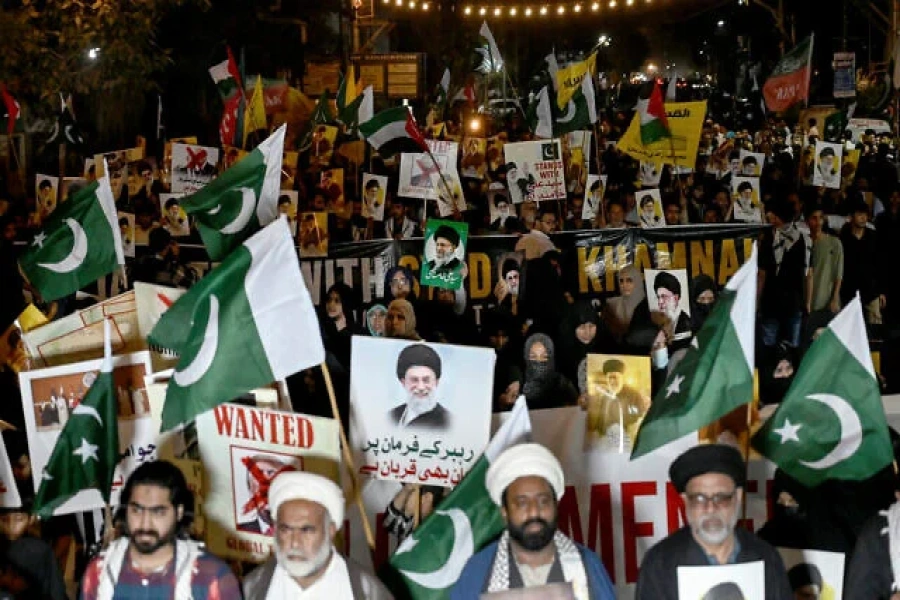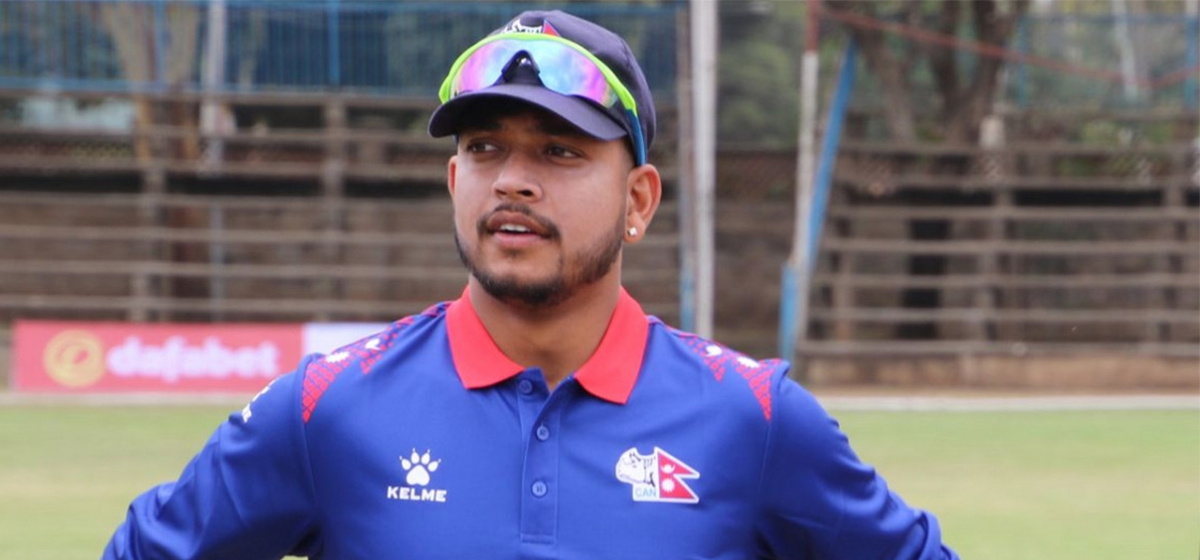Ventilators are used as a resort to save human lives. As a doctor, I feel that people should be given a choice of life till their last heart beat. If we don’t put tubes in the human throat and use machines, life stops there.
A parliamentary committee’s direction to the government to procure 10,000 ventilators to fight COVID-19 is a nonsensical statement. Medical professionals have been disappointed by such unscientific statements coming from the people that are supposed to be guiding our fight against the pandemic.
Melamchi pipe burst in Thapathali, road blocked (In Pictures)

Ventilators do not come easy. When New York, one of the richest cities in the world, grappled with the first wave of the surge, they desperately needed 5,000 ventilators. They had 40,000 ventilators in all of their hospitals. States like Utah and others had surplus ventilators, they shared the machines. The Chinese government provided some 2,000 ventilators.It is not easy to even get 100 vents for the richest country on earth. Getting 10,000 ventilators to Nepal is a pipe dream.
To use 10,000 machines, we need to nearly double the number of critical care specialists; doctors, nurses and other support staff. How do we fill that knowledge gap? It’s not only illogical, it's absurd to even think of such a dream. Even if we somehow get 10,000 vents, we need to up our infrastructure, hire specialists in operating and managing critical care cases. Critical care is not a single person game, it’s a teamwork, and it takes a huge amount of resources to develop, manage and run a complex team like the one in critical care.
A good commander would make sure their army is well fed, happy, loyal and committed to their leader. The junior army rebellions can destroy the whole country . An army of medicos can do the same, provided they are not taken care of and are not provided with the adequate logistics and support. Medical professionals and frontline essential workers are our “force of safety” and we have to address their needs promptly, with empathy and respect.
Dhakal is leading an effort to provide ventilators to hospitals across Nepal through Nepal Ventilator Services.







































